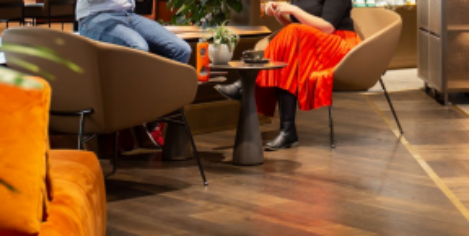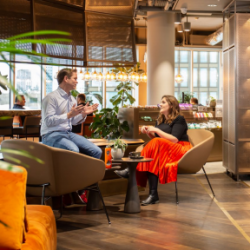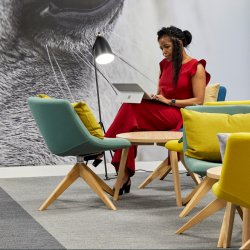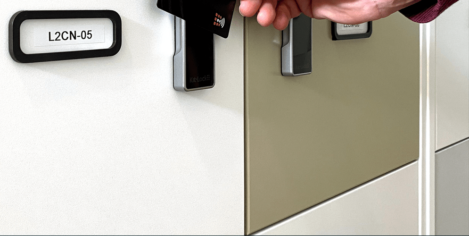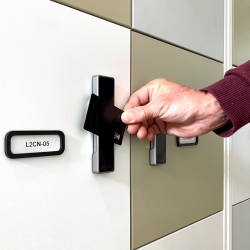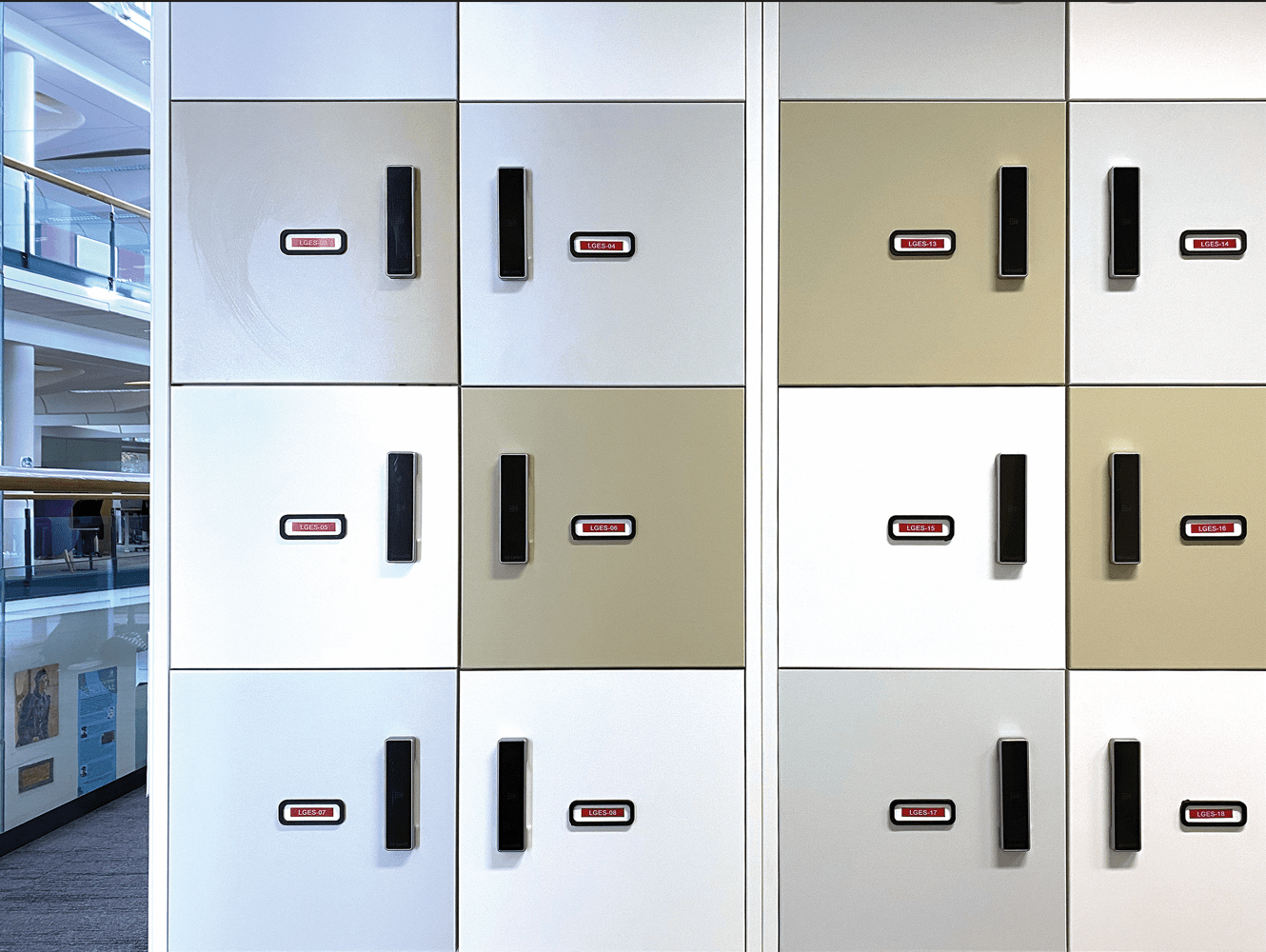To provide the best experiences, we use technologies like cookies to store and/or access device information. Consenting to these technologies will allow us to process data such as browsing behaviour or unique IDs on this site. Not consenting or withdrawing consent, may adversely affect certain features and functions.
The technical storage or access is strictly necessary for the legitimate purpose of enabling the use of a specific service explicitly requested by the subscriber or user, or for the sole purpose of carrying out the transmission of a communication over an electronic communications network.
The technical storage or access is necessary for the legitimate purpose of storing preferences that are not requested by the subscriber or user.
The technical storage or access that is used exclusively for statistical purposes.
The technical storage or access that is used exclusively for anonymous statistical purposes. Without a subpoena, voluntary compliance on the part of your Internet Service Provider, or additional records from a third party, information stored or retrieved for this purpose alone cannot usually be used to identify you.
The technical storage or access is required to create user profiles to send advertising, or to track the user on a website or across several websites for similar marketing purposes.
 According to a survey conducted by OnePoll on behalf of Citrix Systems, employees remain divided on how they want to work going forward. Based on the poll: the majority enjoy the flexibility they’ve been given to work from anywhere and are willing to leave jobs to maintain it. Of the 6,500 workers polled in ten countries, 57 percent prefer hybrid work, and 69 percent will ditch their current positions if it isn’t an option and they are asked to return to office based working. More →
According to a survey conducted by OnePoll on behalf of Citrix Systems, employees remain divided on how they want to work going forward. Based on the poll: the majority enjoy the flexibility they’ve been given to work from anywhere and are willing to leave jobs to maintain it. Of the 6,500 workers polled in ten countries, 57 percent prefer hybrid work, and 69 percent will ditch their current positions if it isn’t an option and they are asked to return to office based working. More →










